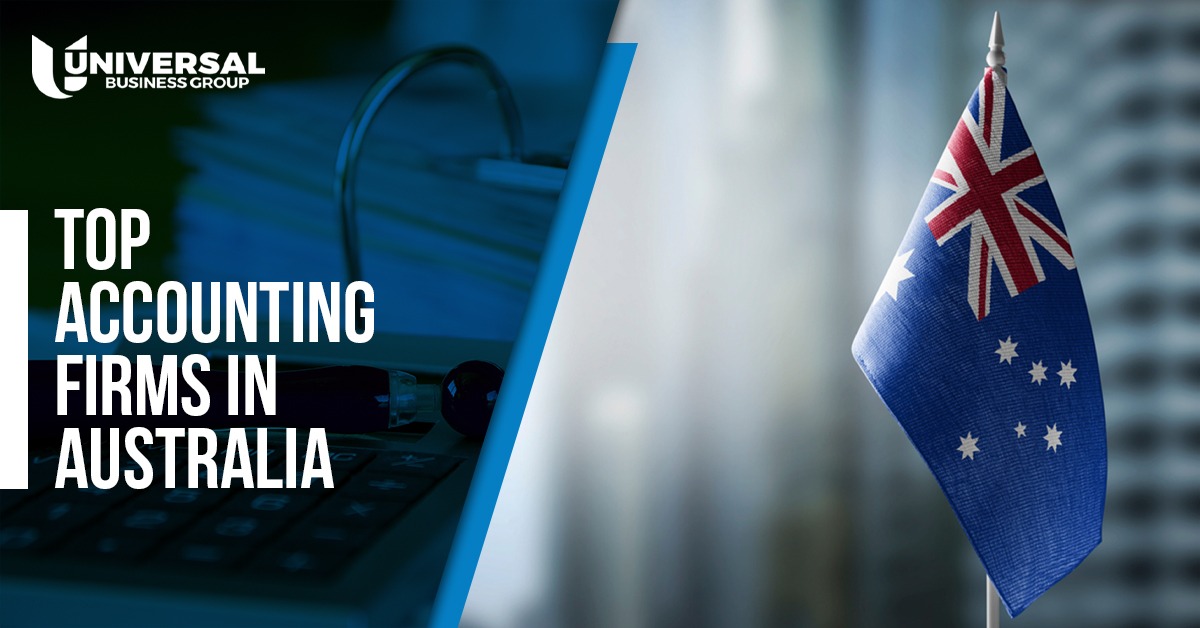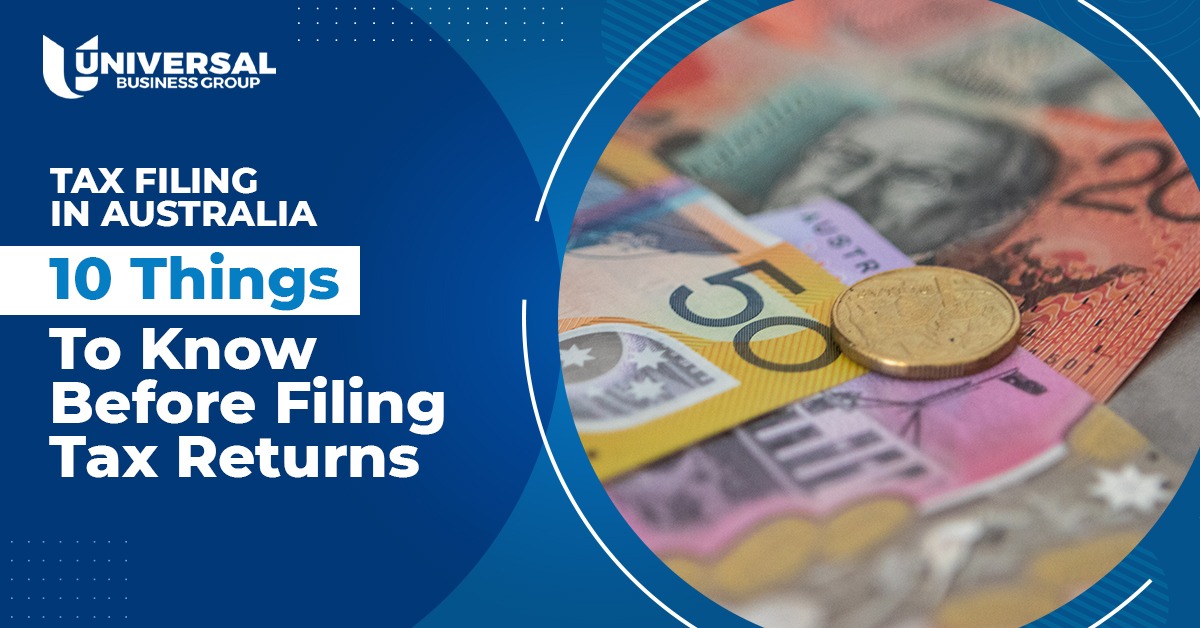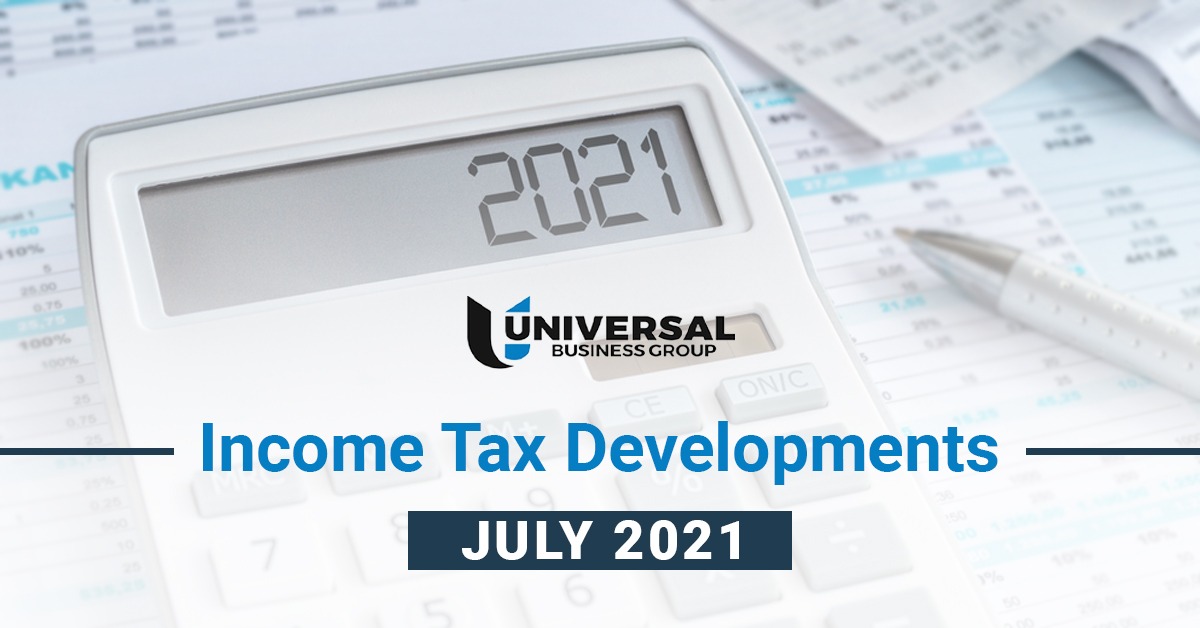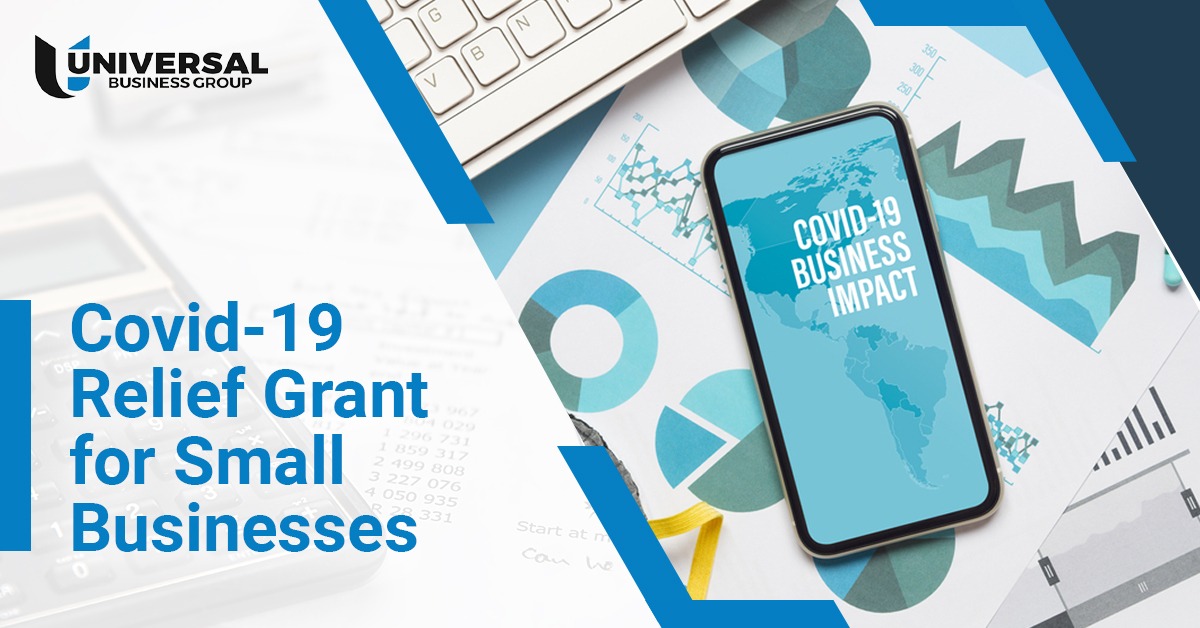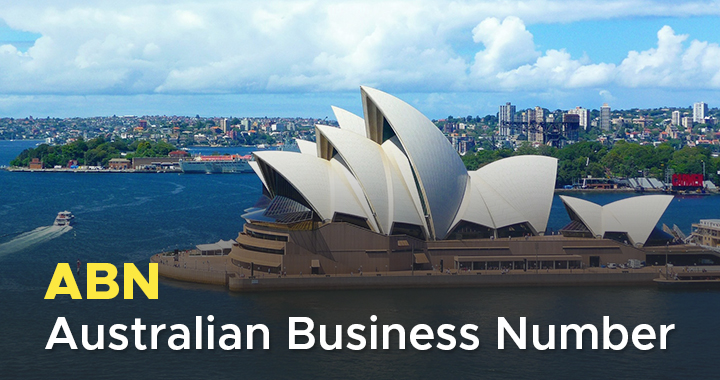The accounting sector of Australia has boosted over the last few years. The local accounting services industry is comprised of accounting, auditing, bookkeeping, advisory, and tax services. Of the accounting firms in Australia, the Big Four hold a significant share of the market.
Overview of the Top Accounting Firms in Australia:
Australia has three professional accounting bodies that determine the accounting rules and regulations that apply to Australian accounting businesses. The Institute of Public Accountants (IPA), CPA Australia, and the Institute of Chartered Accountants of Australia are the three organizations (ICAA).
The Big Four Accounting Firms in Australia are comprised of the major part of the accounting market. The services provided by the accounting firm in Australia are generally related to the following domains:
Audit and Assurance-
To get to the bottom of accounting irregularities, the firm conducts rigorous and impartial audits. It offers a practical answer to the problem, assisting clients in achieving compliance.
Tax-
The tax service assists startups in establishing business tax structures and regulating employment tax difficulties. It also assists clients with a variety of other tax-related issues, such as managing GST and indirect taxes, as well as other tax breaks.
Financial Advisory-
With the support of their qualified personnel, accounting firms in Australia assist their clients in offering corporate finance, restructuring consulting, and forensic advising services. During mergers and acquisitions, clients are offered a variety of services, such as evaluating the capital structure by valuing the target firms and assisting with loan financing.
Consulting:
An accounting consultant advises businesses on financial decisions and their accounting systems. Common duties performed by an accounting consultant include
- improving accounting practices,
- preparing year-end financial statements,
- analyzing financial data,
- advising the finance department on regulatory compliance issues.
An accounting consultant helps business leaders stay abreast of changes in tax laws and financial reporting requirements, which ensures compliance with federal laws.
5 Top Accounting Firms in Australia
Let us discuss the top accounting firms in Australia:
PwC Australia
- PwC is one of the prominent figures of account in Australia, serving Adelaide, Brisbane, Canberra, Gold Coast, Melbourne, Perth, Newcastle, and Greater Western Sydney.
- PwC is one of Australia’s largest accounting firms, with roughly 500 partners and 5,800 employees.
- PwC Australia made about $1.92 billion in revenue in 2016.
- It focuses on the fact that in today’s fast-paced society, staying relevant is key and means challenging them to be a step ahead of the competition.
KPMG Australia
- KPMG Australia recorded $1.37 billion in revenue in FY 2016 under the leadership of Duncan McLennan, national managing partner.
- KPMG Australia emphasizes the importance of audit quality and the idea that it’s not just about arriving at the correct conclusion, but also about how that conclusion is arrived at.
- The processes and integrity behind the official audit report are the focus of KPMG Australia.
- The accounting firm’s main emphasis is on the quality of the audit and also focusing on the fact that how the right opinion is reached and not just reaching the right opinion.
Ernst & Young Australia
- This organization focuses on offering high-end audit services to all of its clients in an objective and ethical manner.
- As per Ernst & Young Australia’s transparency report, the firm had reported revenue of $1.48 billion in the Fiscal year 2016, whereas its previous year’s revenue was $1.28 billion.
- EY’s reputation as one of Australia’s leading accounting companies is built on offering impartial and ethical professional audit services to every client.
Deloitte Australia
- The major goal of this accounting firm is to make a meaningful impact and leave a lasting impression.
- The company invests in innovation, technology, and qualified workers, as well as growth through acquisitions and alliances.
- The competitive advantage of the firm is to be progressive with their approach.
Universal Taxation Services:
- Universal Taxation is a wildcard entry in this list for its quick succession over a short span of time
- They have been able to acquire the trust of big name entities in various industries of Australia.
- They are located in Gosnels, Perth.
- It has specialized personnel for Audit, Corporate Finance, Risk Advisor, Business Restructuring, Business Services, and Tax, to name a few.
- This accounting firm is known to provide comprehensive business and corporate advisory services for its clients.


